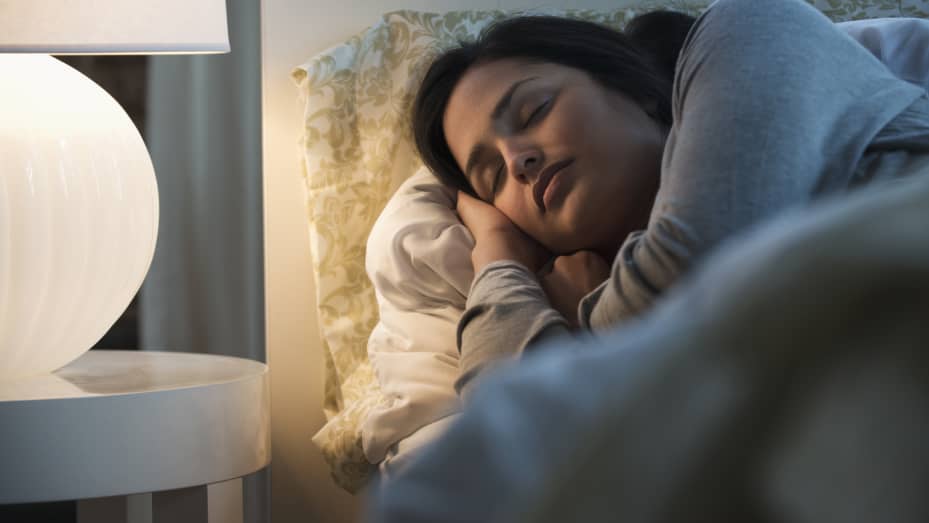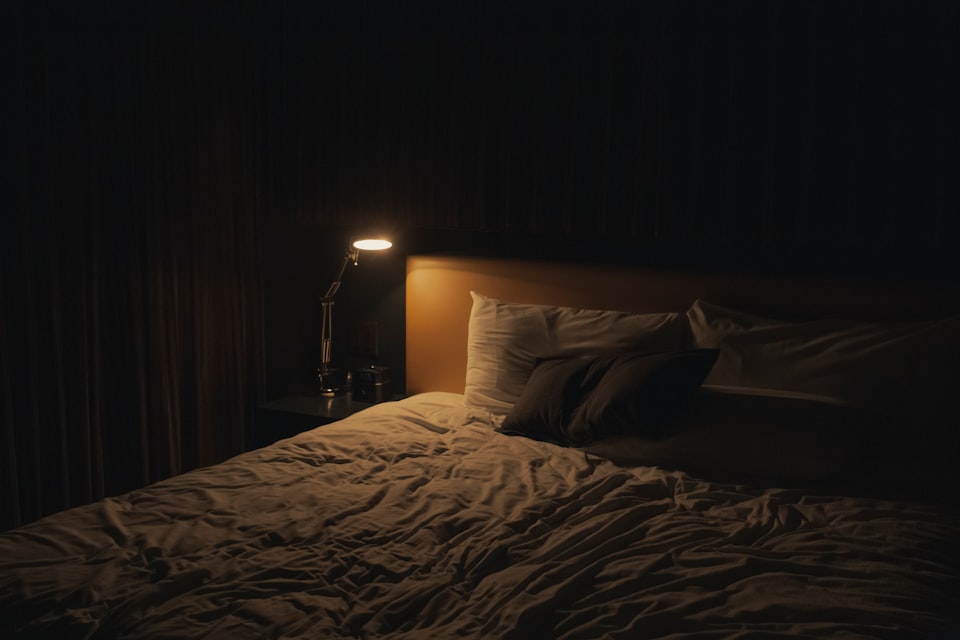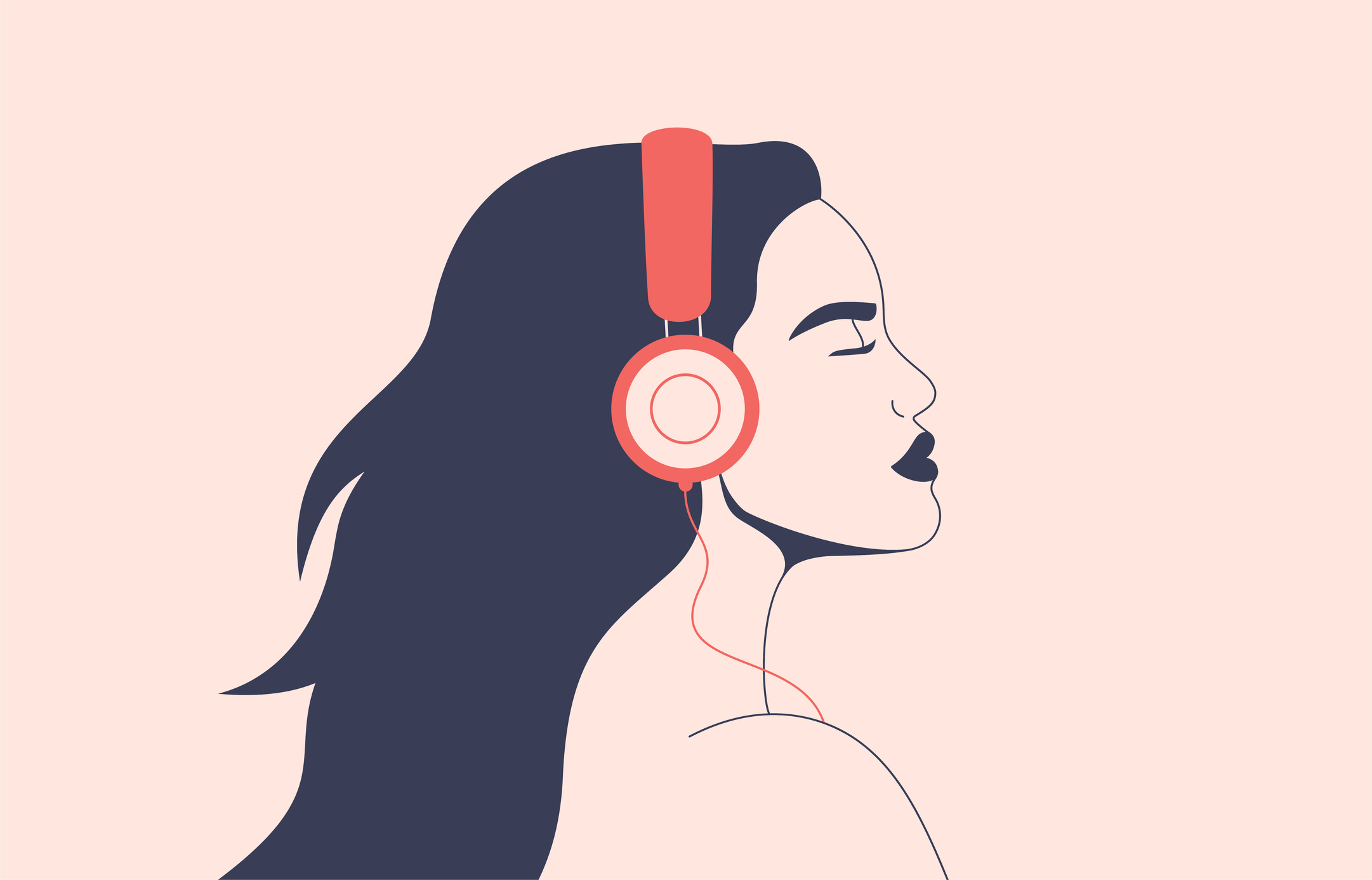How to Fall Asleep Fast: 11 Simple Hacks
Sleep is a vital physiological behavior essential for a healthy life, constituting approximately one-third of human existence. Every organ and tissue relies on sufficient sleep for effective functioning. Prolonged lack of quality sleep not only results in physical impairment but can also lead to psychiatric issues, cognitive decline, and, ultimately, serious health consequences. Unfortunately, the reality is that a significant portion of the population does not receive the necessary amount of quality sleep their bodies require.

According to the CDC, about 1 in 3 adults are sleep-deprived, leading to various health issues such as heart disease, high blood pressure, stroke, and depression. Insufficient quality sleep can impact personal and professional lives. Learning natural tips and making lifestyle modifications can significantly improve the ability to fall asleep faster and better.
How Much Sleep Does a Person Need?
Getting the right amount of sleep is essential for your well-being, but it can be confusing to figure out how much sleep you actually need. Let’s simplify it and delve into why sleep matters.
- Understanding Sleep Stages:
- NREM Stage 1: Light sleep, easy to wake up.
- NREM Stage 2: Slightly deeper sleep, slowed heart rate and breathing.
- NREM Stage 3: Deep sleep, difficult to wake up, crucial for feeling refreshed.
- REM Sleep: Dreaming occurs, active brain, relaxed body.
- Recommended Sleep by Age:
- Newborns (birth to 3 months): 14 – 17 hours a day
- Infants (4 months to 12 months): 12 – 16 hours a day
- Young children (ages 1 to 5 years): 10 – 14 hours a day
- School-aged children (ages 6 to 12 years): 9 – 12 hours a day
- Teenagers (ages 13 to 18 years): 8 – 10 hours a day
- Adults (18 and older): 7 – 8 hours a day
- Why Does Sleep Duration Vary?
- Age, lifestyle, overall health, and genetics impact sleep needs.
- Guidelines provide general recommendations; individual variations exist.
- Quality sleep is crucial; focus on deep and REM sleep for physical and mental restoration.
- Missing these stages can lead to grogginess and reduced alertness.
11 Ways to Fall Asleep Fast
If someone is facing trouble falling asleep, then several effective ways make people sleep faster and better, including:
Make a Consistent Sleeping Pattern:
- Maintain a fixed bedtime routine to regulate the sleep-wake cycle.
- Consistency helps synchronize the body’s internal clock for quicker sleep induction.
Create an Ideal Sleep Atmosphere:

- Optimize the sleep environment with darkness, quietness, and a comfortable temperature.
- Use earplugs, curtains, or soothing sounds to enhance the sleep atmosphere.
Do Not Force Sleep:
- If unable to sleep, avoid forcing it; get up and engage in a relaxing activity.
- Return to bed when feeling sleepier to enhance the natural sleep process.
Relaxation and Meditation:

- Establish pre-bedtime rituals for relaxation, avoiding electronic devices.
- Engage in activities like reading, listening to calming music, or practicing meditation.
Try Mindfulness for Better Sleep:
- Address anxiety and stress before bedtime through mindfulness techniques.
- Write down concerns or create a to-do list to ease the mind and improve sleep quality.
Deep Breathing for Relaxation:

- Practice deep breathing patterns, like 4-7-8, to de-stress and induce relaxation.
- Rhythmic breathing promotes a calm state, aiding in falling asleep faster.
Regular Exercise for Improving Sleep Quality:
- Incorporate regular physical activity, but avoid over-exercising close to bedtime.
- Exercise enhances melatonin levels, promoting quicker sleep initiation.
Be Mindful of What and When to Eat:
- Avoid heavy meals before bed; focus on balanced meals with protein, carbs, and fats.
- Allow sufficient time for digestion to prevent discomfort during sleep.
Limit Caffeine, Alcohol or Nicotine Intake:

- Abstain from caffeine at least four hours before bedtime.
- Limit alcohol intake for better sleep quality, avoiding consumption close to bedtime.
- Avoid nicotine-containing products for 1-2 hours before sleep to promote relaxation.
Reducing Screen Time:

- Minimize screen exposure before bedtime to prevent the suppression of melatonin.
- Keep electronic devices away from the bed to create a quiet, distraction-free environment.
Suggestion
Aromatherapy can be a great way to promote sound sleep. Here are two essential oils and aromatherapy suggestions to help you relax and improve your sleep quality:-
- Lavender Oil:
- Known for calming properties.
- Add a few drops to evening bathwater for muscle and mind relaxation.
- Chamomile Oil:
- Gentle, sweet aroma for relaxation.
- Apply a drop on your pillow or use in a diffuser.
- Chamomile tea before bedtime also offers soothing benefits.
Conclusion
In conclusion, quality sleep is vital for overall health, impacting concentration and cognitive function. Prolonged sleep deprivation raises the risk of chronic health issues. Opting for natural sleep without supplements is safest. Lifestyle adjustments, such as maintaining a healthy diet, regular exercise, and limiting caffeine, contribute to faster and more restful sleep. Prioritizing these habits ensures both mind and body receive the essential rest they need.





